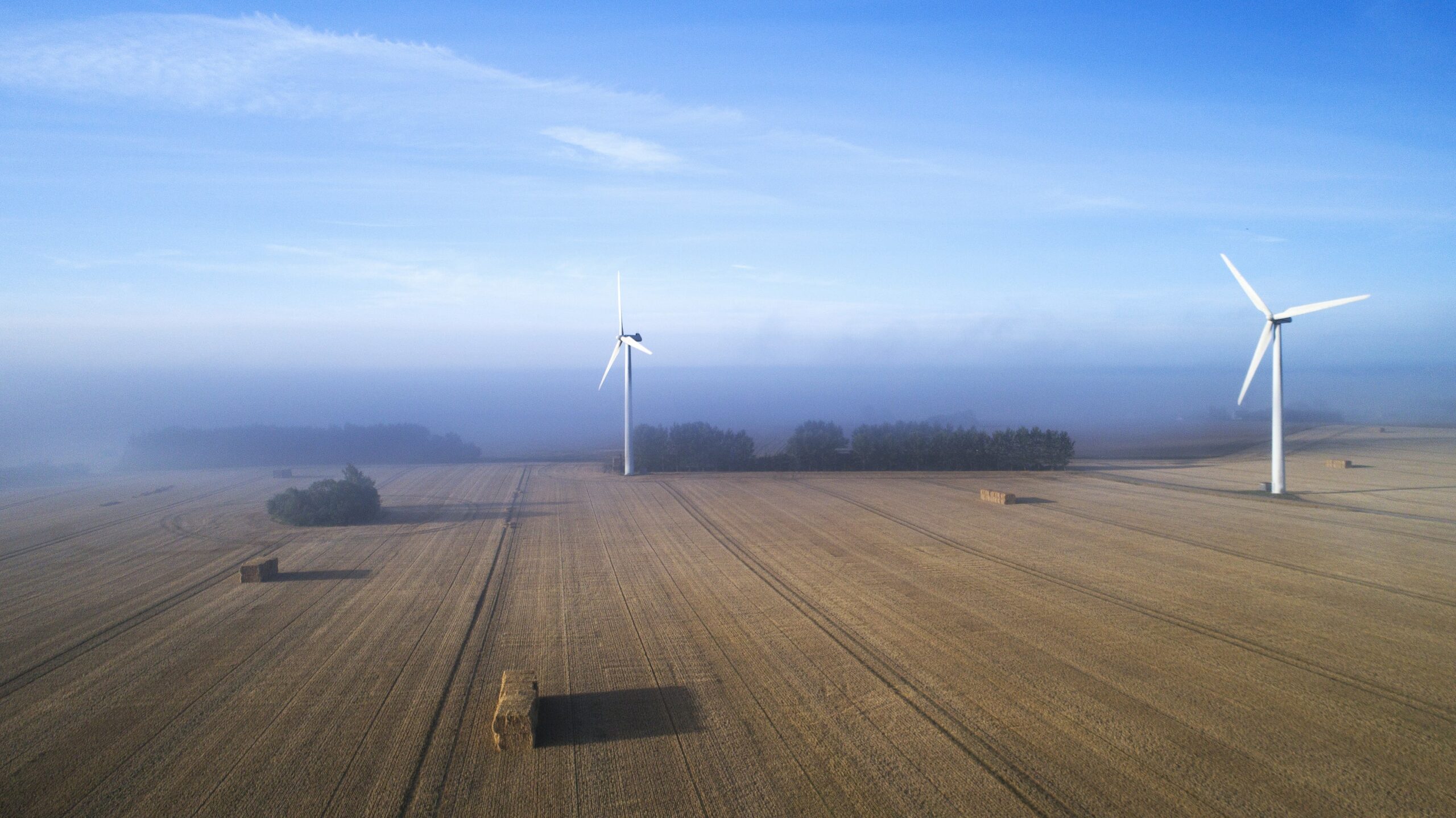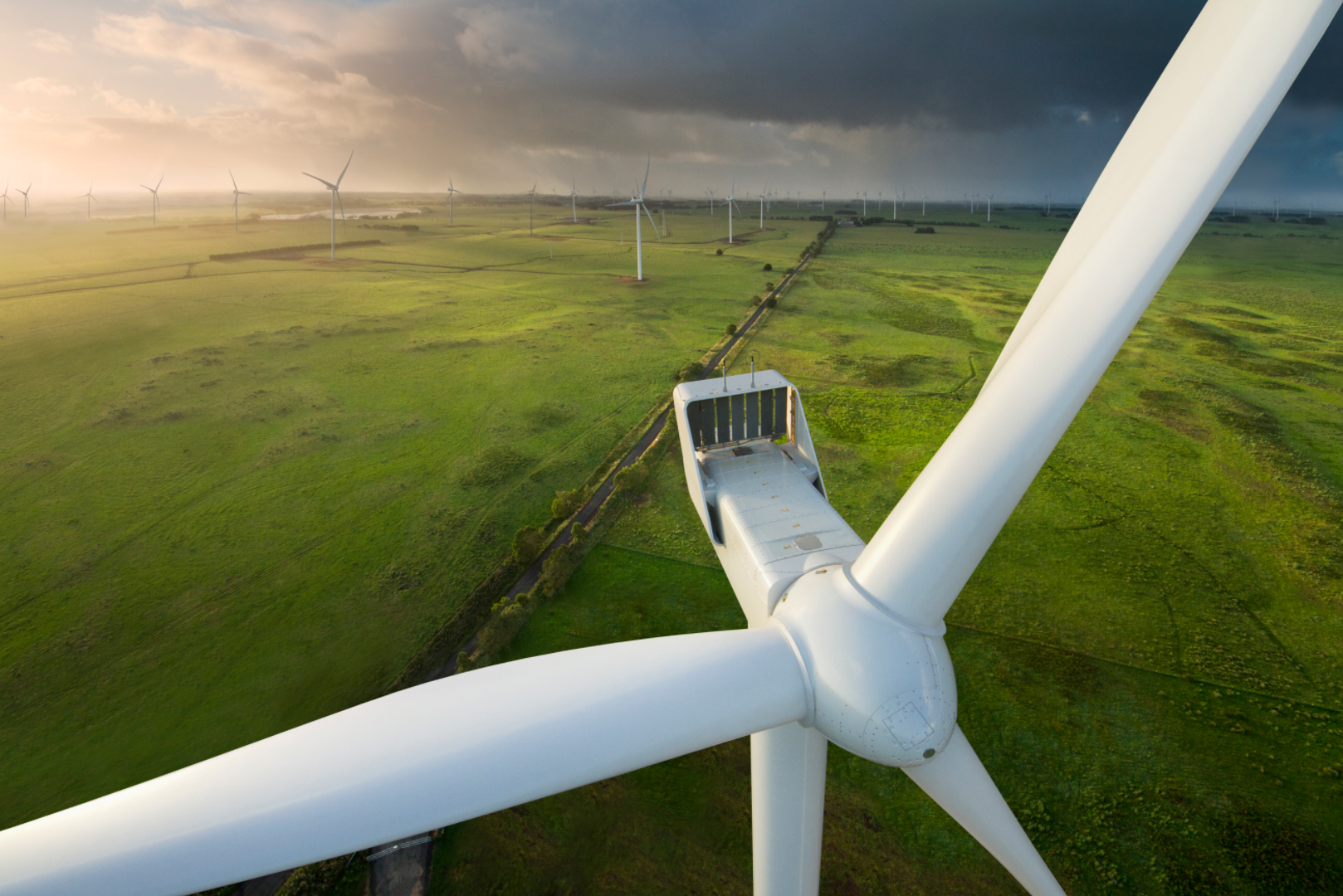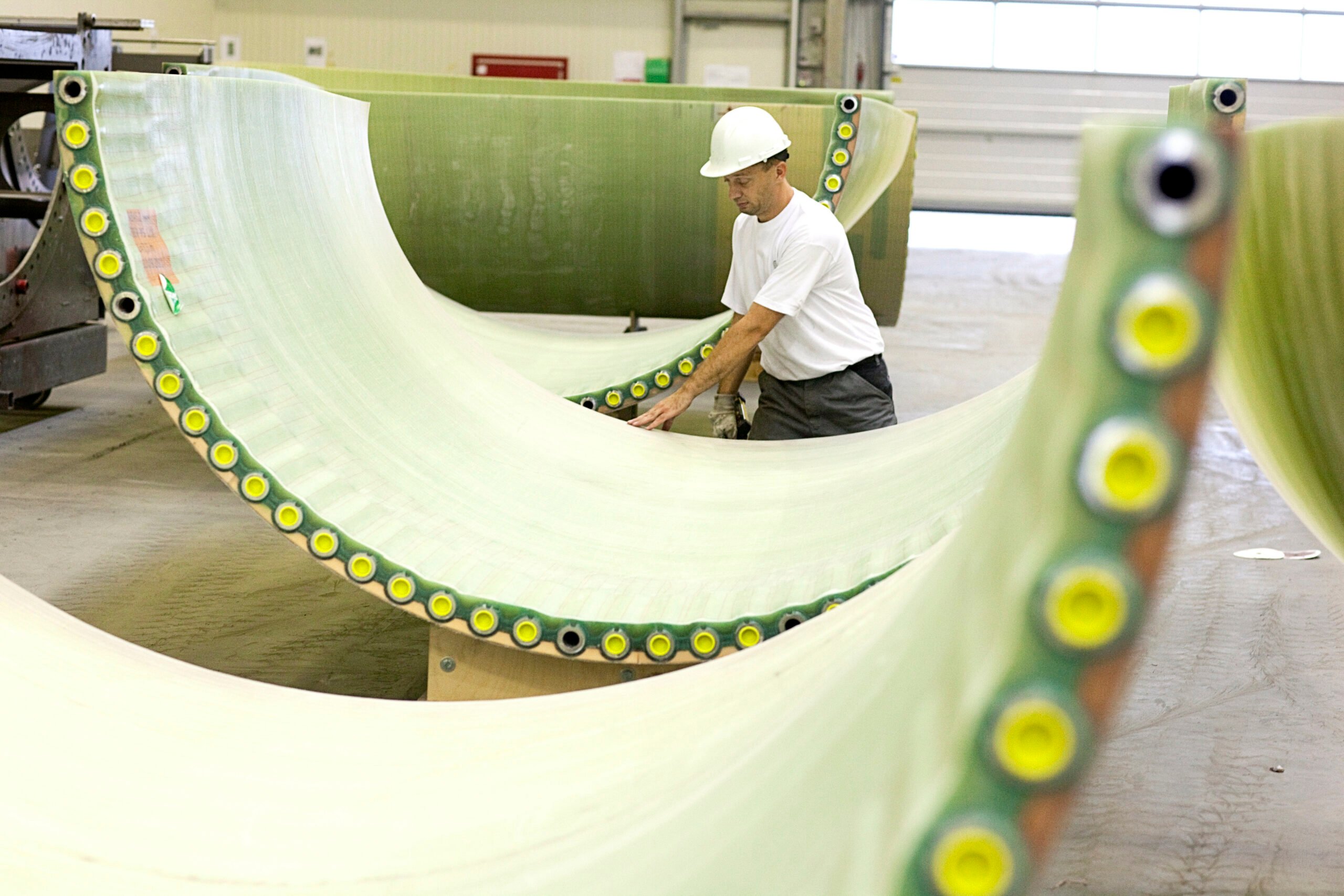News
Circular business models
Recycling asphalt proves profitable for the economy and the environment


Soon Danish drivers will be able to drive on inexpensive and more eco-friendly asphalt. A new project shows that up to 30 percent of the asphalt’s top layer – the wearing course – can be replaced with recycled wearing course asphalt from old roads without compromising the quality or safety. Currently, only 10 percent is recycled.
‘’This is an excellent example of how economy and environment can go hand in hand. By recycling more of our asphalt, we will be able to save the taxpayers millions. In addition, we will save the environment from a massive use of raw materials and the climate from CO2-emissions. I encourage everyone in the industry, the municipalities and the government to bring this new knowledge into practice’’, said Jakob Ellemann-Jensen, the Danish Minister of Environment and Food.
The project ‘’Circular production of asphalt in Denmark’’ is a multi-annual research and development project, which is funded by the Danish Ministry of Environment and Food’s development and research fund (MUDP pool) . The project participants include Lemminkainen, the Danish Asphalt Industry, the Danish Road Directorate, Local Government Denmark (KL) and the Danish Technological Institute who is also project manager.
-Related solution: High quality asphalt made from scrap tyres
Big potential
As an important part of the project, recycled asphalt was tested on the highway between the two Danish towns of Holstebro and Herning. Project manager Ole Grann Andersson from the Danish Technological Institute is enthusiastic about the results.
‘’We examined everything we could think of, and the features of recycled asphalt and new asphalt are identical. I believe that this project has a big potential. Up until now, there has been no documentation and many have been reluctant to use recycled asphalt. However, that problem is now solved,” he said.
The Institute calculates that the project can generate millions of Danish kroner in socio-economic benefits each year. However, this depends on a number of elements – especially how many will increase their level of recycling. KL is ready to distribute the new knowledge to the municipalities.
-Related solution: Permeable public roads: Reducing runoff and stormwater issues
Reaching the goal
‘’It makes sense, both for the environment and for the economy, to use recycled asphalt – especially in a time where many municipality-owned roads are worn down due to an increase in traffic, and heavier cars. As a result, the maintenance of the roads owned by the municipalities is running behind schedule, and we need to take action. By using recycled asphalt, we will be able to reach our goal in a less expensive and faster way, and still provide safe roads of good quality to the citizens. It is important that this knowledge is distributed to the municipalities’’, said Jacob Bjerregaard, Chair of the KL Environment and Utility committee.
In Denmark, the municipalities own around 71,000 kilometres of the roads and the government owns approx. 3,800 kilometres.
Sources
Danish Ministry of Environment and Food (in Danish)
Danish Technological Institute (in Danish)















